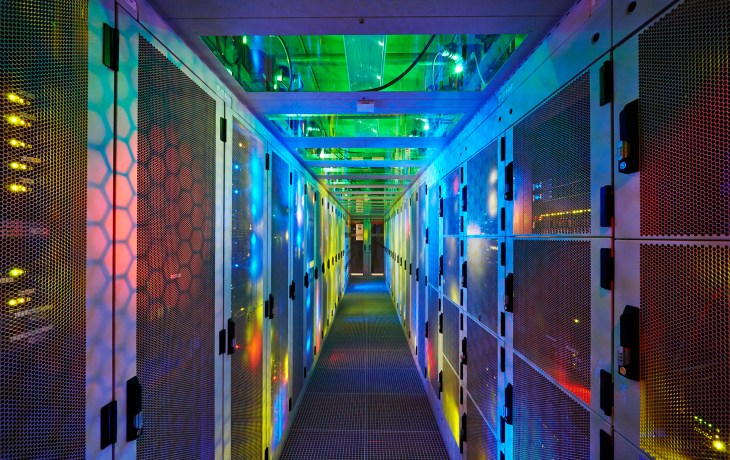
So simple, yet so complicated.
The USB paradox is one of the most familiar experiences of the digital age. Every time you try to plug in a USB cord, it seems like you always get it wrong on the first try. It doesn't matter how much attention you pay to the plug or the cord or the icons on the cord. It's always wrong.
And there's a good reason for that! In an interview published Thursday by DesignNews, Intel's Ajay Bhatt spoke at length about why the ubiquitous technology has been so infuriating for so long. Bhatt was a member of the team that developed USB technology. Even at the start of development, they knew that making the connector flippable would be a better user experience in the long run. But doing so would require twice the wiring and more circuitry, which would increase costs.
"If you have a lot of cost up front for an unproven technology it might not take off. So that was our fear. You have to be really cost conscious when you start out," Bhatt said. "In hindsight you can say it could have been better, but compared to where we were with serial ports and parallel ports, where each of the ports were logical, had cables, and multiple wires, and were not plug-and-playable, USB was significantly better."
Bhatt shared his thoughts on what might have been.
"Even today when you look at USB, if we had made it flippable it would have been a lot easier," he said. "We could have focused on a higher data rate to start like FireWire did. They were at 100MB while we were at 12MB."
So there you have it. The next time you're trying to charge your phone or plug a flash drive into your computer, you have cost consciousness to blame for your awkward fumbling.




No comments:
Post a Comment